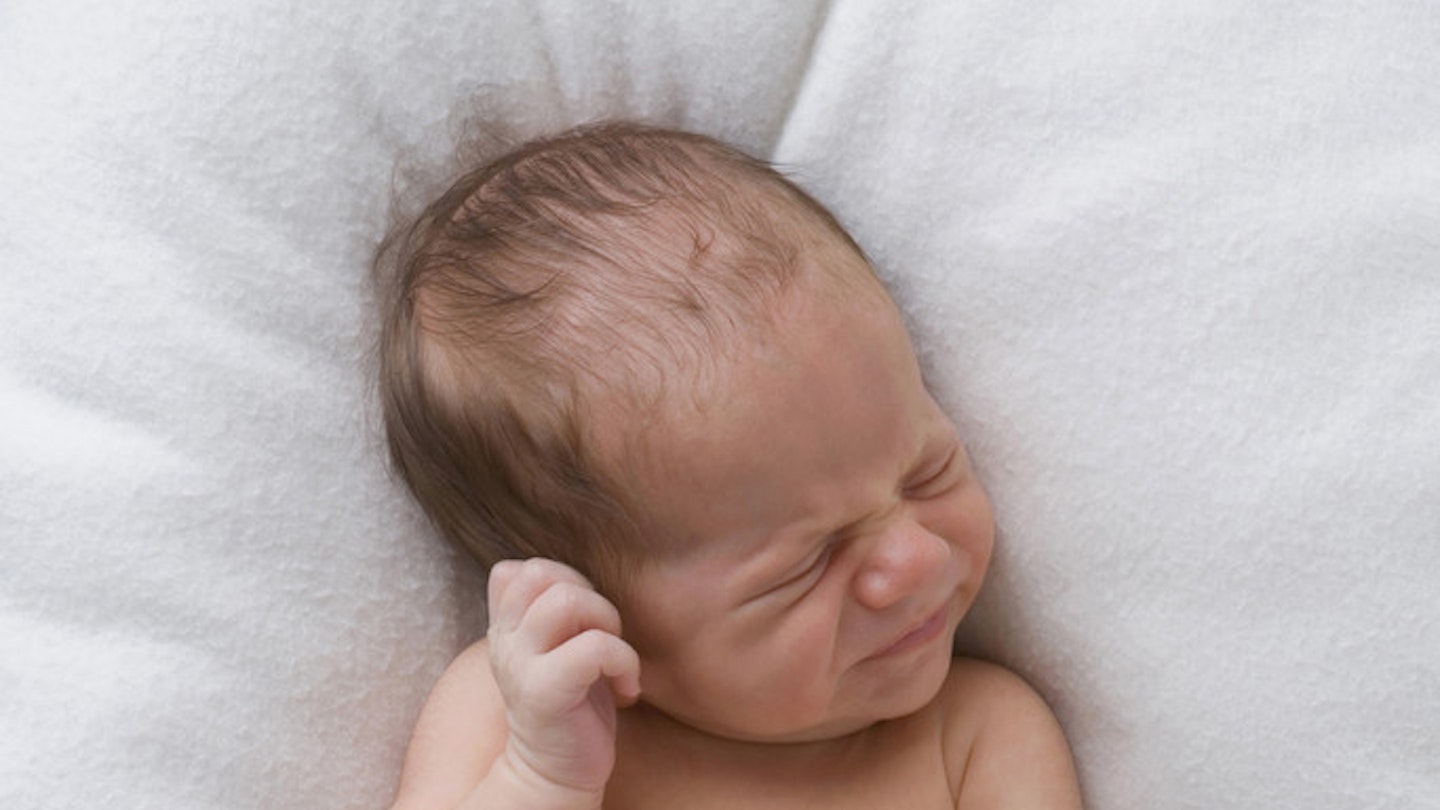Spotted some patches inside your baby’s mouth that look like cottage cheese? It sounds like she has a common infant infection – thrush
Thrush is one of those pesky illnesses that is really common in babies because they are just too tiny to fight it off themselves. If you think you’re little one has it, she’ll probably be off her food due to the mouthful of white patches she has.
But she’ll soon be back to her usual delightful self – squealing for more food and attention.
What is thrush?
Thrush is a fungal infection in the mouth which tends to affect one in 20 babies. It mainly is found in babies under two months old, but is common in all children under the age of two.
‘Your baby will have it because the membranes in her mouth have become infected as too much yeast (a fungus called Candida Albicans) has been produced,’ says Professor Mitch Blair from the Royal College of Paediatrics and Child Health.
Premature babies are most at risk, because their immune systems are not fully developed and they haven’t had as many of your antibodies passed onto them – making them more susceptible to infections.
‘The infection can also occur after taking a course of antibiotics,’ Professor Blair explains. ‘This is because antibiotics reduce the levels of healthy bacteria in your baby's mouth, which allows fungus levels to increase.’
What are the symptoms in babies?
If you think your little one has thrush, she will probably have a mouth full of white or grey spots and patches. They’ll look a bit like cottage cheese (that will put you off for life!) and you’ll see them on her gums, cheeks, tongue or the roof of her mouth.
‘Another sign is the refusal to breastfeed because it’s too sore for her to eat,’ says Professor Blair. ‘Other symptoms include making a clicking sound during feeding, a white sheen to her saliva, poor weight gain or distinctive nappy rash.’
How is it treated?
Most of the time the infection clears up on its own after a few days, so no treatment is needed. But if the symptoms persist, you should speak to your GP.
Your GP may suggest an antifungal gel, as this is often used to cure oral thrush
Your GP may suggest an antifungal gel, as this is often used to cure oral thrush. Some of the gels aren’t suitable for young babies and so drops containing an anti-thrush drug called nystatin may be prescribed.
Using a dropper, you simply put the liquid on the infected area of your baby’s mouth.
How can it be prevented?
There are a few tips you can try to help fend off thrush including regularly sterilising your baby’s dummies, toys and bottles.
Another tip is to give your baby a drink of sterilised water once she’s been fed to help get rid of any milk in her mouth, which the fungus may thrive on.
